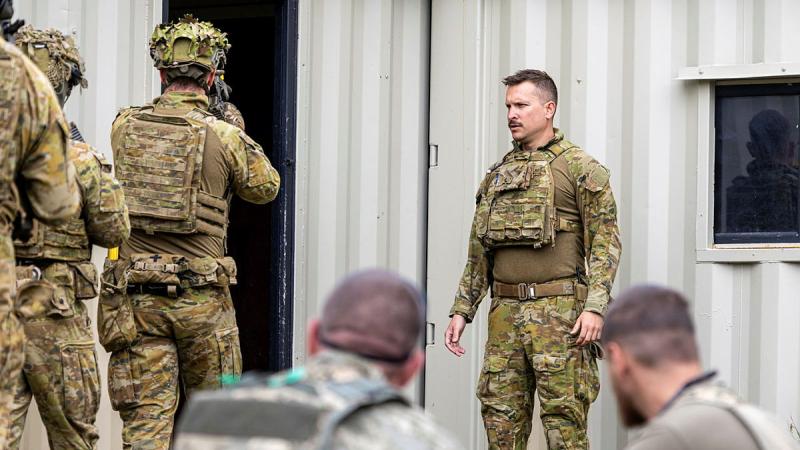The Centenary Institute has received important funding from the RT Hall Trust to bolster two ground-breaking cancer research initiatives. Almost one in two Australians will be diagnosed with cancer by the age of 85. Cancer is a leading cause of death, claiming around 50,000 Australians annually.
Led by Dr Dannel Yeo, a laboratory head at the Centenary Institute’s Centre for Cancer Innovations, the projects are dedicated to harnessing cutting-edge technologies, to advance the treatment and monitoring of various rare and deadly cancer types.
One project seeks to enhance CAR-T cell therapy, an immunotherapy that uses modified immune cells (T cells) to target and destroy cancer cells. The primary aim is to improve the safety and effectiveness of CAR-T cell therapy in pancreatic cancer by studying the molecular interactions between CAR-T cells, cancer cells and the tumour microenvironment.
The second project is dedicated to advancing research on liquid biopsies, a non-invasive blood test used for monitoring cancer. The goal is to develop a sophisticated test capable of detecting and analysing rare cancer cells known as ‘circulating tumour cells’ in the blood of cancer patients. This technology aims to aid early cancer detection, predict cancer progression and anticipate relapse. The research will encompass a broad spectrum of cancers including pancreatic, appendiceal, colorectal, mesothelioma and small cell lung cancers.
Dr Yeo said he was extremely grateful to the RT Hall Trust for their generous support of these transformative research projects.
“This funding presents a remarkable chance for us to drive innovation and translation in cancer treatment and diagnostics, ultimately leading to improved patient outcomes,” said Dr Yeo.
Each project will receive $150,000 from the RT Hall Trust.
[







